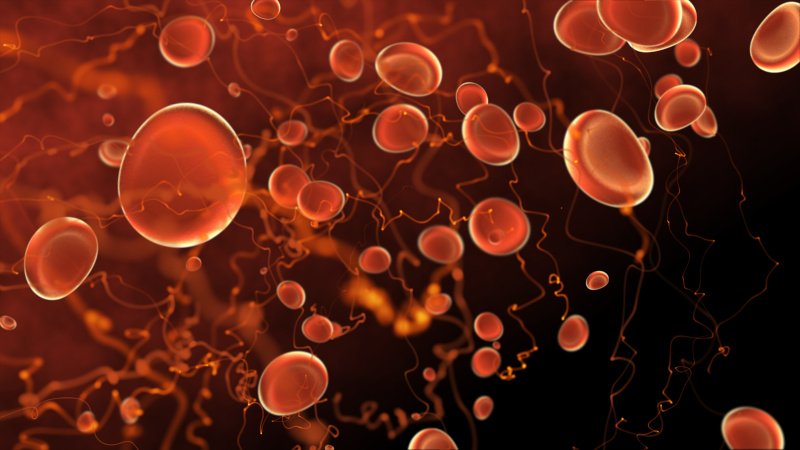Don't hesitate to call us 24/7 for all your Bodily Fluid Cleanup
Our team of certified professionals is ready to respond to your emergency at any time
Professional Bodily Fluid Cleanup for a Clean Environment
There are several different types of bodily fluids, including:
These are some of the most typical bodily fluids, and improper handling and disposal could endanger your health. Due to this, it’s critical to use expert bio-cleaning services to guarantee a thorough and secure cleanup procedure.
Professional cleanup of bodily fluids is necessary to keep a space safe and sanitary. Infectious pathogens and disease-causing microorganisms can be found in bodily fluids like blood, semen, saliva, and feces.
These fluids may contain hazardous chemicals such as alcohol or drugs, which can pose a risk to both human health and the environment.

Professional cleanup is required in cases of crime scenes, natural deaths, and other traumatic incidents to stop the spread of disease and to ensure the safety of those who may come into contact with the affected areas. The risk of exposure to hazardous materials is reduced when cleanup teams trained in biohazard removal remove and properly dispose of bodily fluids using specialized tools and protective clothing.
For healthcare facilities to prevent the spread of infectious diseases, proper bodily fluid cleanup is crucial. Decontaminating areas, tools, and clothing that may have come into contact with bodily fluids is a part of this.Strict protocols are in place to stop the spread of infections in these settings, so professional cleaning teams are necessary to maintain a secure and hygienic environment for patients and staff in hospitals, nursing homes, and other medical facilities.
Our team of certified professionals is ready to respond to your emergency at any time
Professional cleanup of bodily fluids typically entails a number of steps and can change depending on the particular circumstance. The procedure typically entails the following steps:
Several variables, including the degree of contamination, the type of bodily fluid involved, and the location, can greatly affect the cost of professional bodily fluid cleanup. The price can range from a few hundred to a few thousand dollars on average. Cleaning up after an accident might be covered by insurance in some circumstances, but it is best to check with your provider to see if this is the case.
